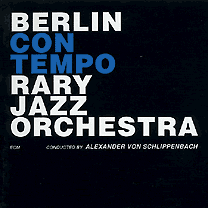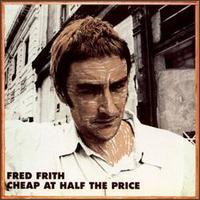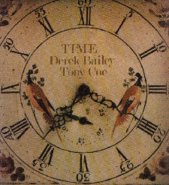MILES DAVIS A Tribute to Jack Johnson
 Columbia KC 30455 (1971)
Columbia KC 30455 (1971)"The rise of Jack Johnson to world heavyweight supremacy in 1908 was a signal for white envy to erupt. Can you get to that? And of course being born Black in America... we all know how that goes."
- from the liner notes by Miles Davis
Recorded and released just after his groundbreaking fusion albums In a Silent Way and Bitches Brew, Jack Johnson is Miles Davis' most straightahead "rock" album, and it represents an even sharper turn away from anything resembling a traditional jazz sound. Drop the needle on "Right Now" and you may think you've purchased the wrong album, with drummer Billy Cobham laying down a pounding 4/4 beat and electric bassist Michael Henderson playing a simple, chugging line beneath guitarist's John McLaughlin's chunky power chords. Before the tape rolled, Miles had instructed McLaughlin to play like he couldn't remember how, and while McLaughlin is far too accomplished a musician to fool us, his playing is more primal than (and almost unrecognizable compared to) his previous work with Davis.
The sidelong "Right Now" is probably the closest that any of Davis' studio recordings came to capturing his actual live sound at the time. Producer Teo Macero had tinkered with Miles' previous recordings (with his permission), cutting and restitching them into complex sonic murals. Some of this technique is present on Jack Johnson, but to a much lesser degree. (To hear more of this group in their natural state, check out the recently released The Cellar Door Sessions 1970 or The Complete Jack Johnson Sessions.)
Side two's "Yesternow" is closer in sound and spirit to Bitches Brew but still maintains a leaner sound than its predecessor. The track begins with Miles playing short, legato phrases over Henderson's bass and McLaughlin's wah-drenched guitar. Slowly Cobham's drums enter the conversation, as McLaughlin takes the lead with some languourous blues-drenched lines. The beat picks up speed as someone (probably either Miles or Herbie Hancock) injects some vicious organ stabs into the mix, then the pace shifts drastically into what sounds like a Brew outtake, then another shift into an upbeat funk riff.
In dedicating this album to former heavyweight boxing champion Jack Johnson, Miles was aligning himself with another black hero who fought for his own personal freedoms as well as the freedoms of his black countrymen. Refusing to allow himself to be put in a box stylistically, Davis was unafraid of those who criticized his artistic shift into a more populist "rock and roll" sound, and it resulted in some of the most controversial and groundbreaking jazz ever recorded.
"Dig this - The fight he lost (1915) in Havana was rumored to be thrown - Jack Johnson died like he lived - in a fast car (1946 - age 68).
The music on this album speaks for itself! But dig the guitar and the bass - They are 'Far-in' - and so is the producer Teo Macero. He did it again!"
- Miles Davis








